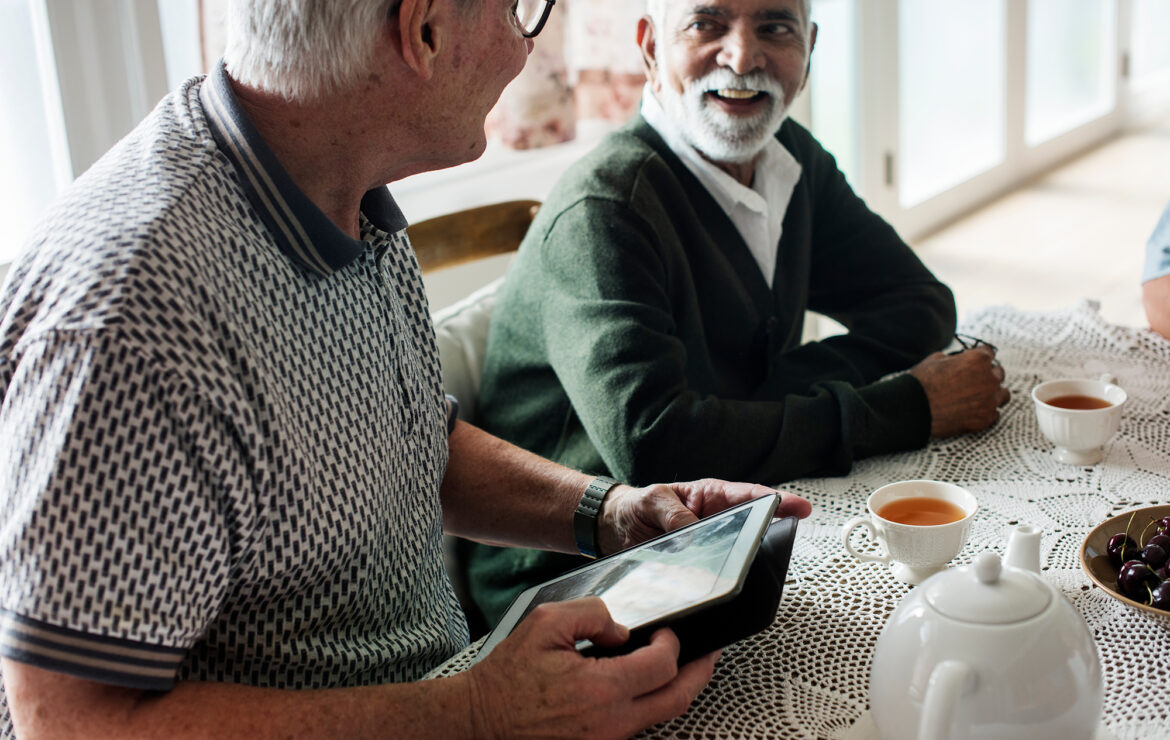Programs that Support Senior Citizens in New York City

The New York Department of Health, New York Department of Social Services, and other similar offices provide financial assistance and support aimed at improving the well-being and quality of life for senior citizens. The purpose of this article is to highlight some of the options one can utilize to find the necessary supports, whether it be transportation, home care services or navigating financial burdens.
Here are some of the benefits and programs intended to support the well-being and quality of life for senior citizens in New York City:
Legal Assistance: Senior citizens can access free or low-cost legal services through organizations like the Legal Aid Society and various legal aid clinics, which can help with issues such as housing, benefits, and elder abuse.
Access-A-Ride: Run by the Metropolitan Transportation Authority (MTA), Access-A-Ride provides transportation services for senior citizens and individuals with disabilities who are unable to use public buses or subways.
Reduced Fare MetroCard: Senior citizens aged 65 and older can apply for a Reduced Fare MetroCard, which allows them to travel at a discounted rate on New York City subways and buses.
Health Insurance Counseling: The New York City Department for the Aging provides free health insurance counseling through its HIICAP (Health Insurance Information, Counseling, and Assistance Program) to help senior citizens understand and navigate their health insurance options, including Medicare and Medicaid.
Senior Employment Programs: Some organizations offer employment and training programs specifically for senior citizens who wish to remain active in the workforce or re-enter it.
Cultural and Recreational Activities: Many cultural institutions, museums, and recreational facilities in New York City offer discounted or free admission for senior citizens.
Income assistance for seniors in New York City includes various programs and benefits designed to provide financial support to older adults who may have limited income. Below are some of the main income assistance programs available to senior citizens in New York City.
Social Security Administration (SSA) Benefits: Seniors may be eligible for Social Security retirement benefits if they have worked and paid Social Security taxes. The amount of benefit depends on factors such as the individual’s earnings history and age of retirement.
Supplemental Security Income (SSI): SSI provides monthly cash assistance to low-income seniors aged 65 and older (as well as to blind or disabled individuals of any age) who have limited income and resources. SSI benefits are administered by the Social Security Administration and are meant to help cover basic needs such as food, clothing, and shelter.
New York State Supplement Program (SSP): SSP is a state-funded program that provides additional cash assistance to SSI recipients in New York State, including seniors, to help cover living expenses.
Home Energy Assistance Program (HEAP): HEAP assists eligible low-income households, including seniors, with the cost of heating their homes during the winter months. HEAP benefits can help pay for fuel, electricity, propane, wood, or other heating sources.
Food Assistance Programs: Seniors in New York City may qualify for food assistance programs such as the Supplemental Nutrition Assistance Program (SNAP), formerly known as food stamps, which provides monthly benefits to help low-income individuals and families purchase food.
Senior Citizen Rent Increase Exemption (SCRIE): As mentioned earlier, SCRIE freezes rent for eligible seniors living in rent-regulated apartments, providing relief from escalating housing costs.
Senior Citizen Homeowners’ Exemption (SCHE): SCHE offers property tax relief to eligible senior homeowners in New York City, reducing their property tax burden and helping them afford to remain in their homes.
Medicare Savings Programs: These programs help low-income Medicare beneficiaries, including seniors, pay for Medicare premiums, deductibles, coinsurance, and copayments.
Medicaid: Seniors with limited income and resources may qualify for Medicaid, a joint federal and state program that provides health coverage to eligible individuals, including coverage for long-term care services.
Low-Income Home Energy Assistance Program (LIHEAP): LIHEAP is a federally funded program that provides financial assistance to low-income households, including seniors, to help with energy costs such as heating and cooling bills.
**Eligibility criteria and application processes may vary for each program, so individuals should inquire with the relevant agencies or organizations for specific details.**
All of the supports, benefits and programs described above are designed to help senior citizens achieve the best quality of life as they age. Qualifying for one or more programs has the potential to award someone thousands of dollars in benefits to help cover cost of food, housing, medical insurance costs, and more.
